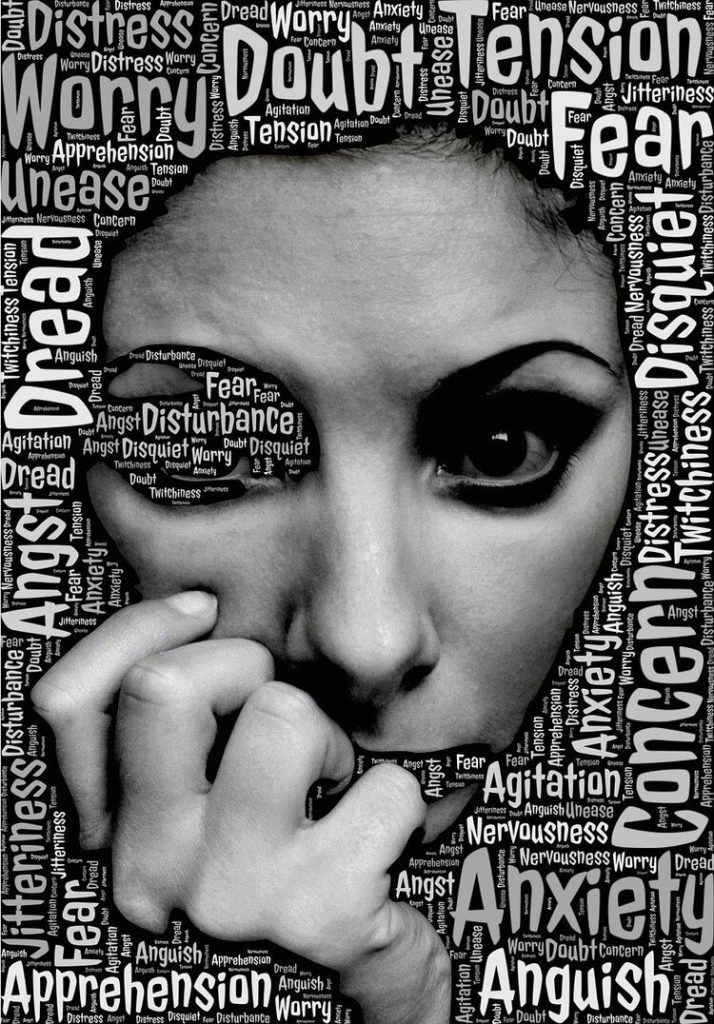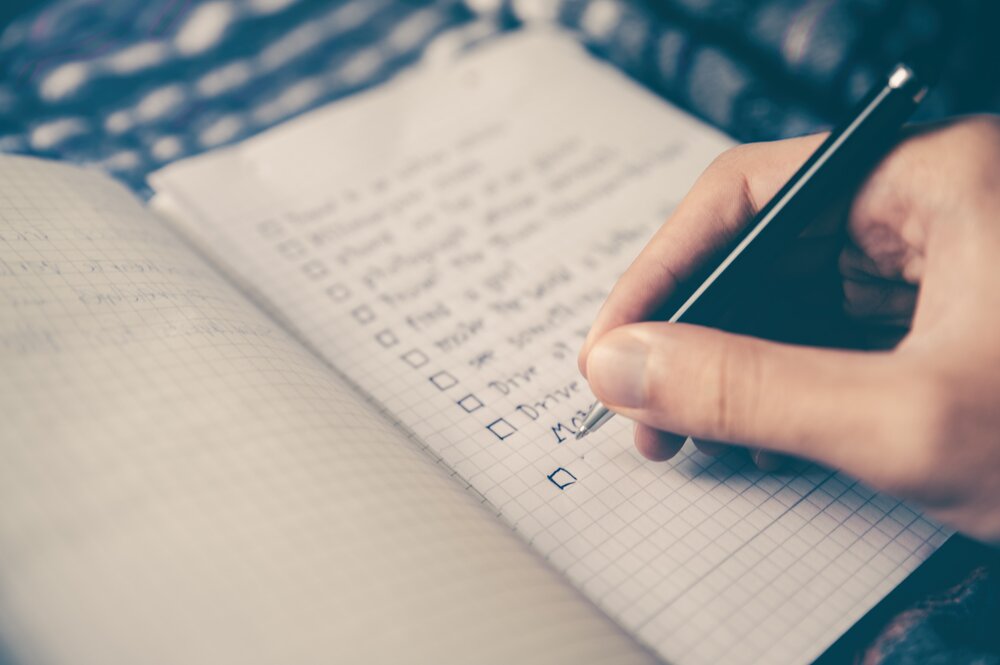I turn on the news and it seems like we are living in an apocalyptic, end times. With the un-contained coronavirus (COVID-19), the stock market is crashing, people are dying, and everyone is freaking out. You know it is bad when the toilet paper is emptied at Costco! The feeling of dread and anxiety is hitting many people as it is reflected in our society. The board game pandemic never felt more real. So, what can you do to navigate your fears when the problem seems so big and outside of your control?
Anxiety is a normal emotion that gets triggered when we predict that the future is going to harm us and that restless energy is supposed to help us come up with a way to mitigate the pain. In some immediate situations of danger, anxiety is very helpful in putting us in that fight-or-flight zone to deal with the problem. That same fear is not so helpful, however, when the problem is often exacerbated in our mind and we have little that we can do to deal with it. In the animal kingdom as well, overwhelming fear can lead to a faint or freeze response where poor antelope pass out as if nature is giving that antelope a merciful death before the lion goes in for the kill. As humans, that is the very response we do not want to have! Putting our heads in the sand like an ostrich will not help us solve any problems. Neither is being impulsive or reactive to our fear a beneficial response either (unless you are in some form of imminent danger.)

Here are some practical tools on helpful ways to respond to your fear:
1. Do your best to calm down your body.
When we are in a state of panic and fear, our body is going to respond in an adrenaline-pumping sort of way. You may experience tightness in your muscles, an increase in your heart rate, and quicker breathing. These are all appropriate bodily responses if you were actually in physical danger. When the fear is around things like the coronavirus, getting amped up in your body will not help. Take some time to take a few deep breaths; in through your nose for 7 seconds and out through your mouth for 7 seconds. Be mindful of your surroundings and focus on the temperature of the air as you breathe in deeply. This will send an unconscious signal to your brain that everything is OK and there is no need to respond in a fight-or-flight way. It will also give your mind a little break from whatever is troubling you.

2. Re-focus your mind on something helpful.
Now that you have a little break from your anxious body, take some time to manage your thoughts. It is helpful to talk or write down your fears and concerns. That allows a little bit of emotional distance between your thoughts and your feelings. It gives you a little more perspective on what is troubling your mind. I often tell my clients to create two columns with the left column being things outside of their control and the right column listing things within their control. What you may notice is that many of the things that we are worried about are outside of our control. Examples include how many people are going to die, if the weather will be sunny tomorrow, if my father will approve of me, etc. That means that spending one more hour or several more weeks thinking about those things will not give us any more control over that situation. It is something that we must acknowledge and spend less time ruminating. The list of things we have control over tends to be how we can choose to respond and our perspective on the situation. Those are the things that are worth spending your time. This could be things like focusing on your breathing, being aware of your emotions, and washing your hands.

3. Spend time on what you can change.
With the list of things within your control, the last thing you can do is implement those things. Place your focus on the things within your control and be intentional about doing those things such as not touching your face before washing your hands, praying, and pausing for 10 seconds before responding. That will give you a greater sense of control and knowing that you are doing everything within your power to better the situation. It may be important to remind yourself that you are doing the best you can and choosing to shift your attention away from those unhelpful worries. When the worries pop back up, acknowledge that they are there and focus on what you can do instead.

Tune-in to credible sources like the CDC (Centers for Disease Control and Prevention) and other experts for your information, follow their recommendations, and remain focused on living your life well. The people and things that you value are still important so do your best not to lose sight of them! For more entries like this, please visit me on my blog.










